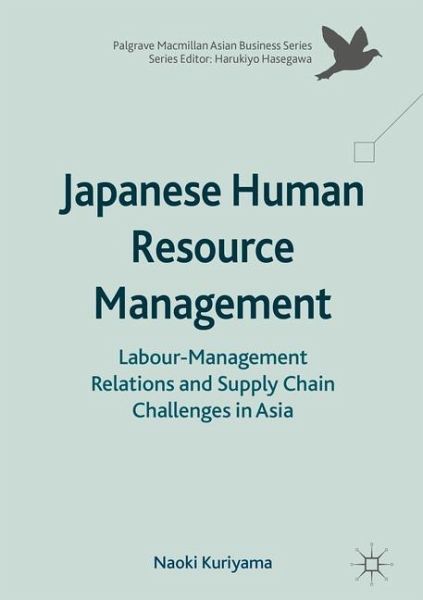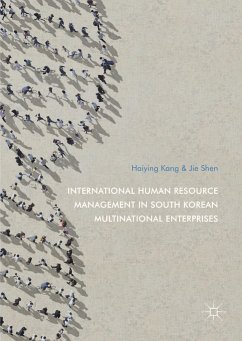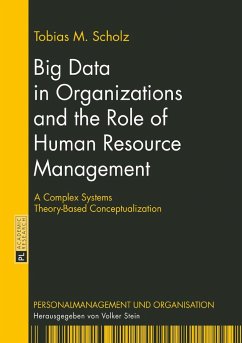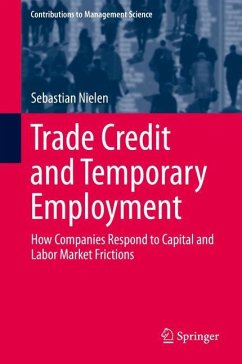
Japanese Human Resource Management
Labour-Management Relations and Supply Chain Challenges in Asia
Versandkostenfrei!
Versandfertig in 6-10 Tagen
87,99 €
inkl. MwSt.
Weitere Ausgaben:

PAYBACK Punkte
44 °P sammeln!
This book is a comprehensive study underpinned by thirty years of research conducted by the author relating to Japanese human resource management and labour-management relations. Its aim is to achieve a better understanding of the Japanese model for human resource management and labour standards issues, and its transferability to supply chains in Asia. Seeking a better understanding of the strength of Japanese management and its applicability to foreign countries, Japanese Human Resource Management introduces a new agenda for Japanese corporations that wish to operate in sustainable and inclus...
This book is a comprehensive study underpinned by thirty years of research conducted by the author relating to Japanese human resource management and labour-management relations. Its aim is to achieve a better understanding of the Japanese model for human resource management and labour standards issues, and its transferability to supply chains in Asia. Seeking a better understanding of the strength of Japanese management and its applicability to foreign countries, Japanese Human Resource Management introduces a new agenda for Japanese corporations that wish to operate in sustainable and inclusive ways in local societies and in global supply chains. Organized into three major themes this comprehensive study is essential reading for students, researchers and government who wish to promote productivity improvement and constructive labour-management relations.














